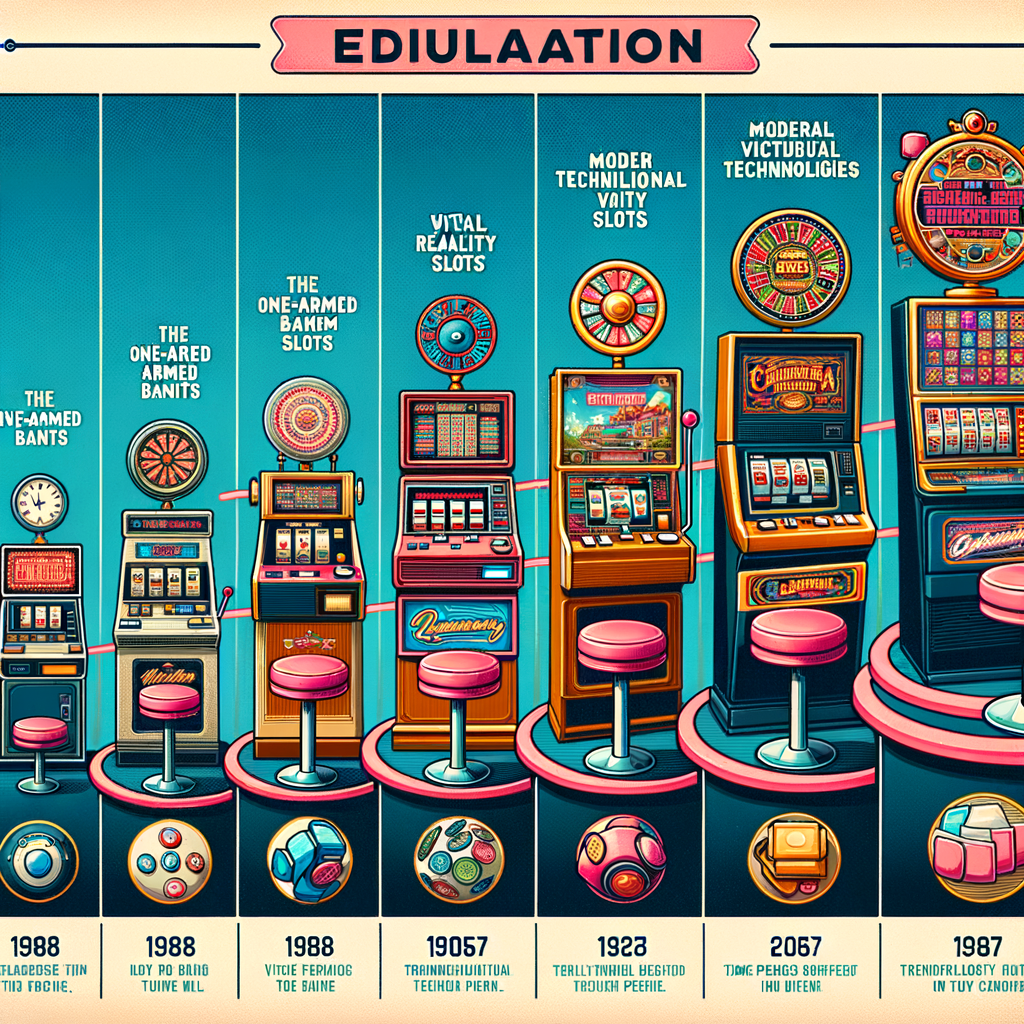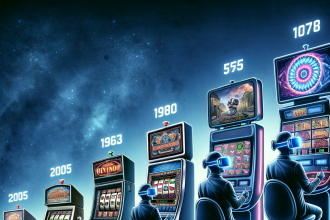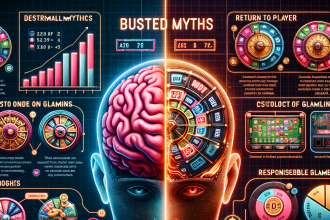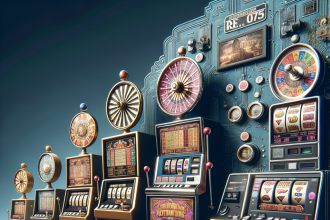In recent years, blockchain technology has emerged as a revolutionary force across various industries, with the gaming sector being no exception. The unique properties of blockchain—such as decentralization, transparency, and immutability—offer significant potential to enhance fairness in gaming operations. As online casinos and betting platforms continue to grow in popularity, the need for trust and security becomes paramount. This article explores whether blockchain technology can truly revolutionize fairness in casinos and examines the associated benefits and challenges.
Can Blockchain Technology Revolutionize Casino Fairness?
The Promise of Transparency
One of the most significant advantages of blockchain technology is its ability to provide unparalleled transparency. Traditional casinos, both online and brick-and-mortar, often rely on opaque systems that leave players questioning the integrity of games. With blockchain, every transaction, bet, and game outcome can be recorded on a public ledger accessible to all stakeholders. This openness ensures that players can verify the fairness of games independently, reducing the potential for fraud and manipulation.
In a blockchain-based casino, players can confirm that the Random Number Generators (RNGs) used for games are functioning correctly. Using smart contracts, which are self-executing contracts with the terms of the agreement directly written into code, casinos can provide players with cryptographic proofs that demonstrate the legitimacy of their games. This can fundamentally alter the player experience by fostering a strong sense of trust.
Immutable Records and Player Rights
Another compelling aspect of blockchain technology is its immutability. Once a transaction is recorded on the blockchain, it cannot be altered or deleted, ensuring a permanent and verifiable record of all actions. This quality is crucial in an industry where disputes can arise over winnings, payouts, and game fairness. With blockchain, players can have confidence that their data and transactions are secure and transparent.
Moreover, players are empowered to take control of their gaming experience. For example, through the use of digital wallets, players can manage their funds without relying on third-party processors or banks. This reduces transaction fees and enhances privacy, allowing players to engage in more secure transactions. By providing a system where players can verify their rights and transactions directly, blockchain may redefine player rights in the casino industry.
Enhanced Security and Reduced Fraud
Cybersecurity is an ongoing concern for online casinos, with numerous incidents of hacking and fraud reported. Blockchain technology offers robust security features that can significantly mitigate these risks. The decentralized nature of blockchain means that there is no single point of failure, making it exceedingly difficult for malicious actors to manipulate the system.
Furthermore, blockchain’s encryption standards ensure that sensitive player information is stored safely. Coupled with features such as two-factor authentication and biometric verification, blockchain can enhance trust and security measures in online gaming environments. By implementing such security measures, casinos can protect players from fraud and establish themselves as trustworthy establishments.
Assessing the Benefits and Challenges of Blockchain in Gaming
Benefits of Blockchain in Casinos
- Increased Trust: As discussed, the transparency and immutability of blockchain can create an environment of trust between players and casinos. Players can engage in games knowing that outcomes are fair and not manipulated.
- Lower Operational Costs: Blockchain can reduce the need for intermediaries in transactions, leading to lower operational costs for casinos. This can translate to higher payouts for players and lower service fees, enhancing the overall gaming experience.
- Global Accessibility: Blockchain enables cross-border transactions without the need for currency conversion or high fees, democratizing access to casino games on a global scale. Players from different countries can participate without restrictions, expanding the player base for casinos.
Challenges of Implementing Blockchain in Casinos
- Regulatory Hurdles: The regulatory landscape for online gambling varies significantly across regions, and the integration of blockchain technology adds another layer of complexity. Many jurisdictions may not yet have the legal framework to govern blockchain-based gaming, leading to uncertainty for operators and players alike.
- Technical Barriers: While blockchain offers numerous advantages, the technology is not without its challenges. Issues such as scalability, transaction speed, and energy consumption can hinder the implementation of blockchain in casinos. Operators must invest in robust infrastructure to ensure a seamless gaming experience.
- Adoption Resistance: The traditional casino industry is often resistant to change, and the introduction of blockchain technology may face skepticism. Players and operators alike may be hesitant to adopt a new system, especially if they are accustomed to traditional practices. Educating stakeholders about the benefits of blockchain is essential for successful adoption.
| Advantages of Blockchain | Challenges of Blockchain |
|---|---|
| Increased Trust | Regulatory Hurdles |
| Lower Operational Costs | Technical Barriers |
| Global Accessibility | Adoption Resistance |
Conclusion
The potential for blockchain technology to revolutionize fairness in casinos is immense. By enhancing transparency, security, and player rights, blockchain can address many of the trust issues currently plaguing the gaming industry. Although challenges such as regulatory hurdles and technical barriers exist, the benefits of adopting this innovative technology are compelling and could lead to a new era of fair gaming.
As the casino industry evolves, embracing blockchain could not only enhance player experiences but also contribute to a more transparent and secure environment. Ultimately, the future of fair gaming may very well depend on how effectively the gaming industry can harness the power of blockchain technology. As more casinos explore this integration, it will be interesting to witness how the landscape of gaming changes in the coming years.










